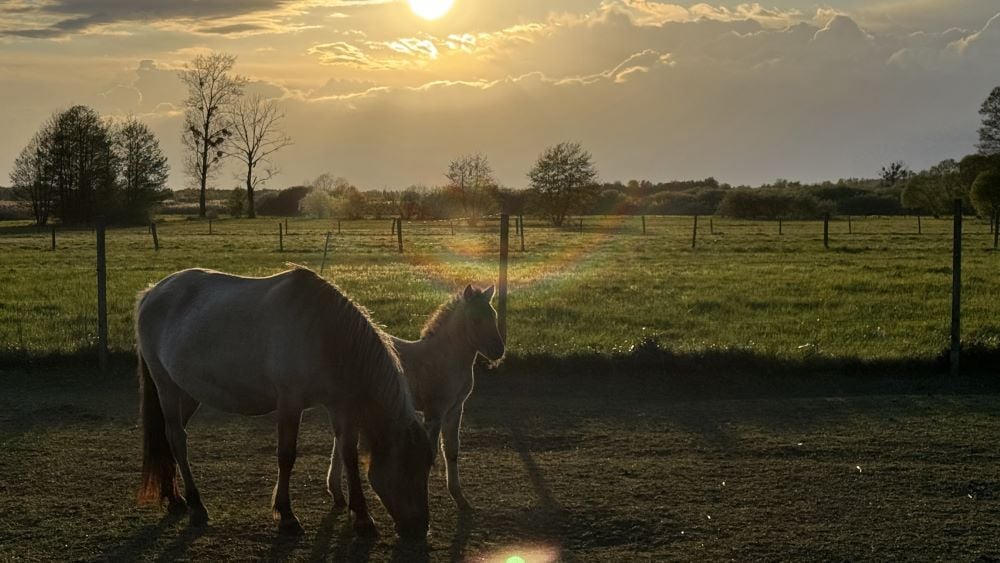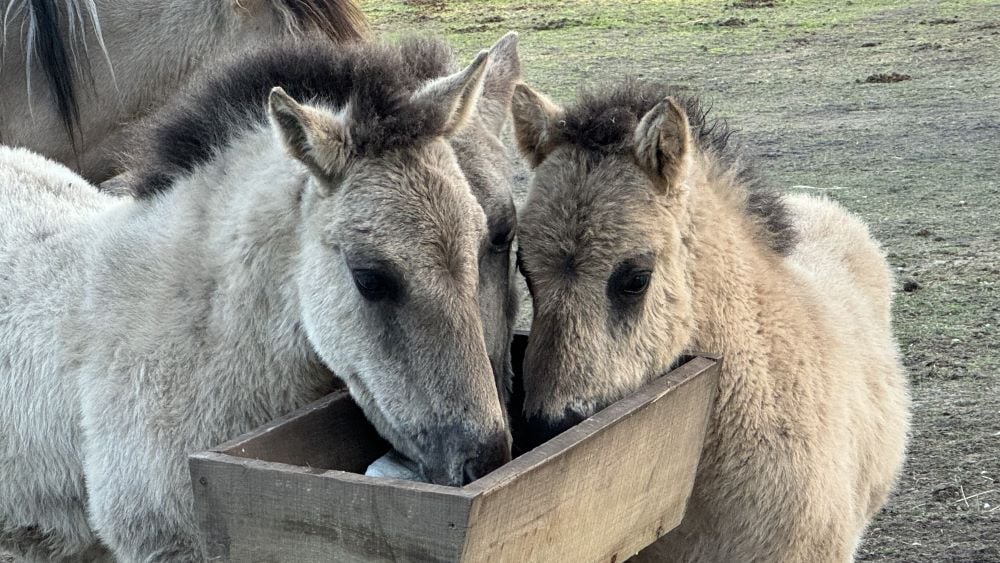For the past years, UPM Raflatac and WWF Poland collaboration has focused on two vital themes: waste management and PPAs – Private Protected Areas – together with sustainable forestry practices.
Businesses and consumers push for effective waste management
The waste management and circular economy initiative aims to reduce the amount of packaging waste ending up in nature. The project drives legislative change, engages businesses to make the transition towards circular economy, and motivates and educates consumers to push for change.
“The cooperation to promote circular economy is advancing steadily. Many local retailers are willing to improve their practices in waste management, and with the support of WWF Poland, we can engage stakeholders and help in the transition,” says Przemysław Różycki, Sales Director, Poland, UPM Raflatac.
WWF Poland’s experts are actively pushing for national waste policies, laws and regulations that prioritize waste reduction and recycling.
Only active protection can restore degraded wetlands
The second initiative of the WWF Poland and UPM Raflatac collaboration focuses on sustainable forestry practices and privately protected areas. It aims to build a knowledge base in collaboration with key stakeholders, develop guidelines on biodiversity conservation and afforestation, and assess the restoration potential of degraded ecosystems, especially wetlands.
Four per cent of the landscape in Poland is covered by wetlands with most of them in the northern and central part of the country. The current projects are in the privately protected areas of Krowie Bagno and Błota Rakutowskie.

Polish horses in the privately protected area of Błota Rakutowskie.
“Wetlands store carbon dioxide that has built up over thousands of years. When these wetlands are dried, they emit the stored CO2 back to the atmosphere. If these areas are conserved back to wetlands, the emissions will stop,” Różycki describes.
There are 1.25 million hectares of wetlands in Poland, of which 86% are degraded. Różycki stresses the importance of continuous, active protection.
“The areas have huge potential not only for plants, but for various animal species, of which many are endangered. Thanks to creating private protected and restored areas, some of the birds, for example, are returning. But the areas must be protected actively; if left alone, they will easily grow bushes and not be open area anymore. Together with our customers and their customers we have, for example, built fences around the grazing areas of the semi-wild Polish horses, Polish Konik, so they stay safe.”
Drinking water, salt licks and hay baskets are provided for the horses, and a caregiver ensures the well-being of the animals.

Raising awareness with education
A guide to sustainable forestry produced by WWF Poland shows examples of UPM’s forestry practices. In addition to the forestry guide, the collaboration includes webinars, seminars, publications and media coverage on the importance of wild forests and wetlands and their significance for people and biodiversity.
“Education is high on the agenda in raising awareness. For example, an educational workshop for the employees of UPM Raflatac Poland and UPM Business Hub Wrocław on sustainable forestry, wetlands, and privately protected areas and their meaning to biodiversity was very well received, and the content is said to be very eye-opening for many participants,” Różycki adds.
“We will continue the collaboration with WWF because we see this as very valuable.”
The collaboration between UPM Raflatac and WWF Poland started in 2012. The first project was called “Rivers for life”, which focused on protecting rivers' biodiversity in Poland, and continued with the development of the program “Guardians of Rivers”.
Read more:
Working together with WWF Poland to protect nature and fight climate change